Managing the risks of air pollution
You should check your jurisdiction’s air quality index to determine if it’s safe to work outside. Let your employer know if you are sensitive to air pollution. This is particularly important if combined with an underlying medical condition. Always follow advice from your doctor.
Dust and smoke may:
-
reduce air quality and impact visibility
-
settle onto equipment and impact the functioning of plant and grip of surfaces, and
-
irritate the airway, nose and eyes.
The PCBU must have measures in place to manage health and safety risks caused by reduced air quality. These might include:
-
working indoors (where possible)
-
rescheduling outdoor work until conditions (e.g. visibility and air quality) improve
-
ensuring plant is functioning correctly and has not been affected by dust or debris
-
cleaning any dust and debris off outdoor surfaces, and
-
providing personal protective equipment. For example, eye protection and correctly fitted P2-rated face masks.
Eliminating exposure to air pollution is the best protection. For example, work indoors with suitable air filters or purifiers.

